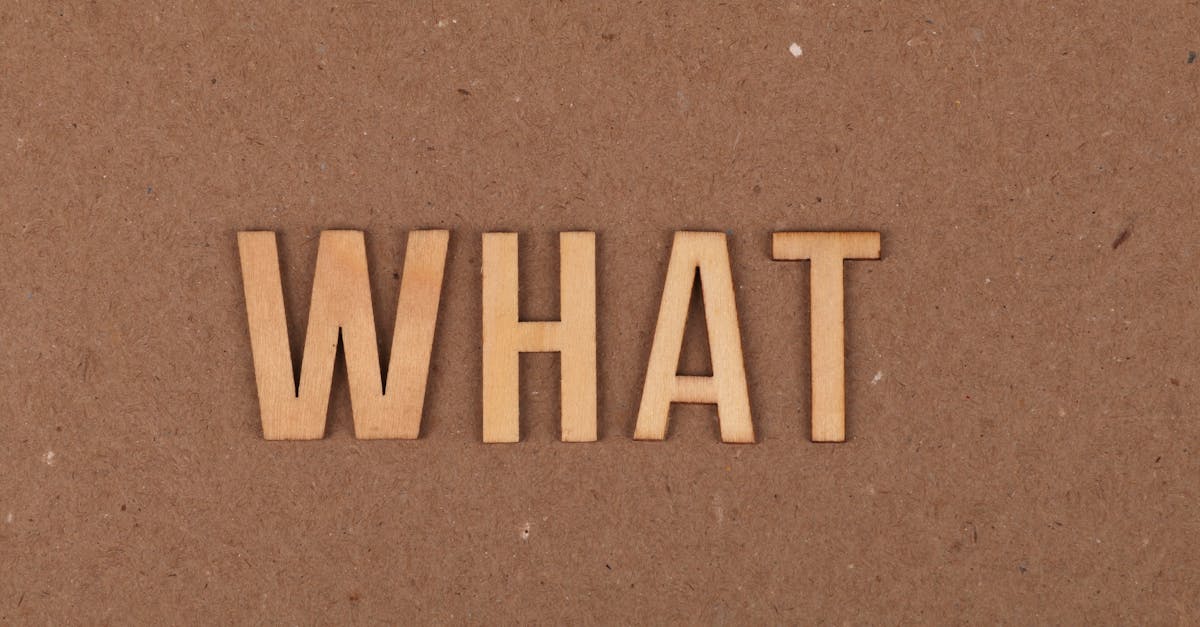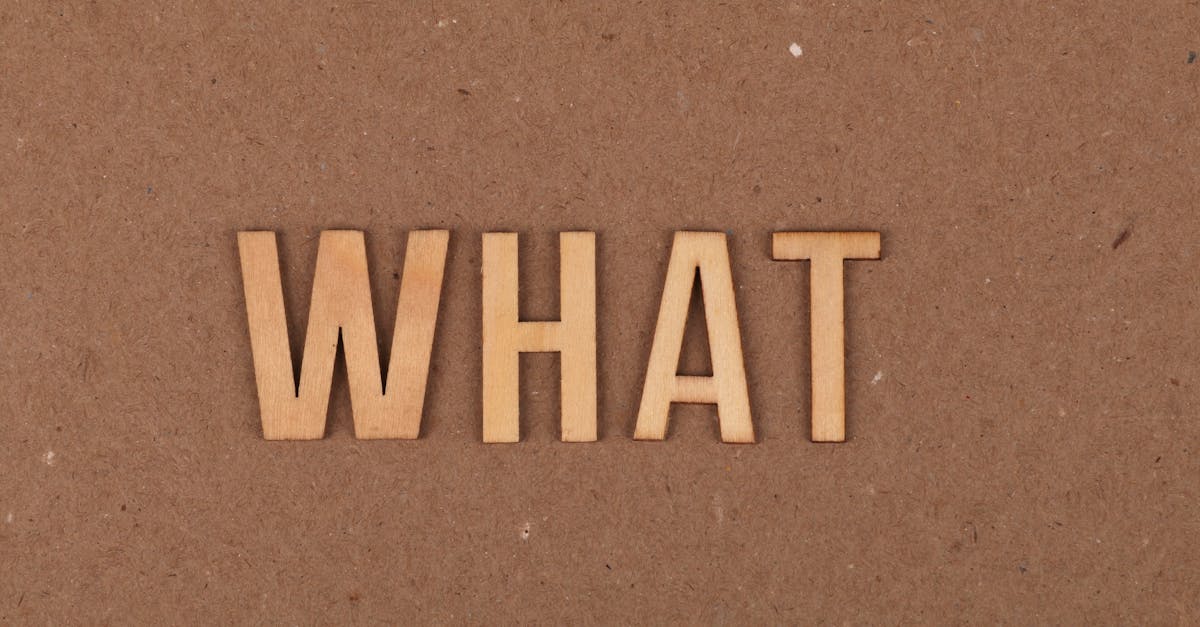What is RDN and CDN?
Table Of Contents
Key Takeaways
- Grasping the Fundamentals of RDN and CDN
- The Relationship Between RDN and CDN
- RDN and CDN in the Setting of Brooklyn, NY 11228
- Diane Giammarino Tedaldi and the RDN & CDN Environment
Understanding the Basics of RDN and CDN
RDN stands for Registered Dietitian Nutritionist, while CDN refers to Certified Diabetes Care and Education Specialist. RDNs are experts in the field of dietetics, focusing on health and nutrition. On the other hand, CDNs specialize in providing care for individuals with diabetes, offering guidance on lifestyle modifications and health management. For instance, Vanessa Rissetto, a CSSD and RDN, emphasizes the importance of avoiding fad diets and instead, working with a primary care provider to tailor an individualized plan. Understanding the basics of RDN and CDN is crucial in maintaining a healthy lifestyle, as these professionals play a vital role in promoting good health practices and providing valuable advice.
- RDNs focus on health and nutrition expertise.
- CDNs specialize in diabetes care and management.
- Collaboration with primary care providers is essential for tailored nutrition plans.
- RDNs and CDNs provide valuable guidance on lifestyle modifications.
- Their roles are crucial in promoting good health practices.
Decoding RDN: Detailed Explanation
Registered Dietitian Nutritionists (RDNs) and Certified Dietitian Nutritionists (CDNs) play crucial roles in promoting health, wellness, and proper nutrition across various populations. RDNs and CDNs are nutrition experts who have met specific educational and professional requirements to attain the provider identifier number required for practice. With a focus on evidence-based practices and standards set by organizations like the Accreditation Council for Education in Nutrition and Dietetics (ACEND), RDNs and CDNs help individuals improve their well-being through tailored advice on nutrition, meal planning, and lifestyle modifications. They work across diverse settings, including hospitals, clinics, wellness centers, and community programs, utilizing their expertise to address a wide range of health concerns, from eating disorders and hormone health to exercise and overall wellness.
These professionals are equipped with a deep understanding of nutrition science, allowing them to provide personalized guidance on meal planning, recipes, and nutrition education. RDNs and CDNs also collaborate with other healthcare providers, such as eating disorder specialists and nutrition support providers, to ensure comprehensive care for patients. With state licensure, certifications, and ongoing nutrition research, RDNs and CDNs stay abreast of the latest developments in the field to deliver evidence-based care. By emphasizing the importance of proper nutrition and its impact on health outcomes, RDNs and CDNs serve as valuable resources in promoting well-being and preventing chronic diseases.
The Significance of CDN in Modern Technology
What is RDN and CDN? The Significance of CDN in Modern Technology lies in its ability to enhance the delivery of digital content to users around the globe. Content Delivery Networks (CDNs) are crucial in ensuring that users receive digital content quickly, efficiently, and securely. CDNs help in reducing loading times, improving website performance, and ensuring a seamless user experience regardless of geographical location. The difference CDNs make in modern technology is immense, playing a vital role in delivering a variety of content, including videos, images, games, and more.
Rights, insider exclusives, and exclusive access to content are some of the sought-after benefits that CDNs provide. CDNs help businesses and organizations reach a wider audience and offer fast access to digital assets, such as live streams, without interruptions. With CDNs, businesses in sports dietetics, autoimmune care, nutrition counseling, and beyond can cater to their customers effectively. The need for CDNs continues to grow as digital experiences become more sophisticated, further emphasizing the significance of CDNs in the modern technological landscape.
The Connection Between RDN and CDN
Registered Dietitian Nutritionists (RDN) and Content Delivery Networks (CDN) play pivotal roles in the realm of nutrition therapy and digital content distribution, respectively. When we talk about the connection between RDN and CDN, it is essential to understand that while RDNs focus on addressing health needs through personalized nutrition plans, CDNs cater to delivering digital content efficiently across various locations. RDNs require a minimum level of education credits and licensure to practice, ensuring they provide evidence-based advice rather than succumbing to diet fads. On the other hand, CDNs optimize the delivery of data, in the form of blog posts, recipes, or educational materials, to users with the assistance of technologies like Diane Giammarino Tedaldi’s innovative approach. By integrating RDN’s nutrition diagnosis for ailments like autoimmune disorders, with CDN's ability to securely distribute vital information, a holistic approach is achieved to meeting healthcare objectives effectively.
 Photo by Ann H on Pexels
Photo by Ann H on Pexels
How RDN and CDN Interact
Healthcare professionals specializing in nutrition care, such as dietitians, play a crucial role in educating patients on the importance of a balanced diet. Dietitians with master's degrees and who have passed the board exam become Registered Dietitian Nutritionists (RDNs). These professionals offer a wide range of services, from creating personalized meal plans to conducting group sessions on nutrition education. By incorporating RDNs into healthcare teams, patients benefit from their expertise in areas such as pregnancy nutrition, weight loss strategies, and building muscle effectively. Their guidance extends beyond the clinic, with some RDNs sharing valuable insights through podcasts, health blogs, and websites.
CDNs or Certified Dietary Managers focus on overseeing the food and nutrition services in various settings, including healthcare facilities and schools, to ensure that dietary needs are met. CDN professionals are entrusted with tasks like managing menus, supervising food preparation, and implementing nutrition care methods to promote well-being. In addition to their responsibilities in patient onboarding and monitoring dietary intake, CDNs often collaborate with RDNs to enhance the overall nutrition support provided to individuals. Their expertise is invaluable in implementing dietary changes, such as sharing a summer smoothie recipe for better health, thus contributing to the holistic approach to nutrition.
The Mechanisms that Bind RDN and CDN Together
What is RDN and CDN? The connection between these two entities lies in their mutual goal of promoting health and wellness. RDN, short for Registered Dietitian Nutritionists, are experts in the field of nutrition and dietetics, providing tailored nutrition care methods to individuals addressing various health conditions. On the other hand, CDN, or Content Delivery Network, plays a crucial role in efficiently delivering online content to users across the globe. The mechanisms that bind RDN and CDN together are rooted in their shared principles of leadership, expertise, and dedication to enhancing the health science landscape.
When it comes to the fusion of RDN and CDN, the impact reverberates across different spheres. Nutrition education programs benefit from the seamless delivery of content through CDNs, reaching a wider audience. For dietitian RDN experts, CDNs streamline communication processes, connecting them with patients and health insurance providers effectively. Moreover, the collaboration of RDN and CDN enriches the healthcare industry by enabling dietitians and nutritionists to share nutrition tips, recipes, and patients testimonials efficiently. This symbiotic relationship catalyzes the dissemination of vital health information, making credible dietary guidance easily accessible to those in need.
RDN and CDN in the Context of Brooklyn, NY 11228
Reasons to consider RDN and CDN in Brooklyn, NY 11228 encompass various factors, especially in combating prediabetes and promoting a healthier lifestyle. A registered dietitian nutritionist (RDN) is a health sciences master who specializes in nutrition care, providing tailored options to address concerns such as family nutrition, marathon training, or oncology nutrition. Partnering with a certified nutrition support clinician (CNSC) through a telehealth platform can offer convenient access to evidence-based strategies for managing health conditions effectively. Whether seeking advice on altering dietary habits or navigating complex nutritional challenges, the expertise of these practitioners like Diane Giammarino Tedaldi can significantly impact well-being in this locality.
 Photo by Ann H on Pexels
Photo by Ann H on Pexels
Application of RDN and CDN in Brooklyn
What is RDN and CDN? In Brooklyn, the application of Registered Dietitian Nutritionists (RDN) and Certified Dietary Nutritionists (CDN) have become increasingly prevalent. Culina, a local health and wellness center located at 33-41 Newark St, Fl 5, Hoboken, NJ 07030, has been offering nutrition science master's degree programs to individuals interested in pursuing a career in nutrition. This initiative has empowered many Brooklyn residents to take charge of their health by gaining a comprehensive understanding of nutrition and its impact on overall well-being.
Moreover, Tamar Samuels, a renowned RDN with a diverse background in nutrition, has been instrumental in educating Americans in Brooklyn about the importance of a balanced diet. With an emphasis on preventing illnesses through proper nutrition, Samuels has painted a clear picture of how small dietary changes can yield significant health benefits. By addressing the dietary requirements of different age groups and cultural backgrounds, she has highlighted the significance of personalized nutrition plans in improving the health outcomes of Brooklyn residents.
Impact of RDN and CDN in NY 11228 Localities
In NY 11228 localities, the impact of RDN and CDN is profound. Residents benefit from the expertise of Registered Dietitian Nutritionists (RDNs) who provide personalized nutrition care sessions to support individuals in adopting healthier nutrition lifestyles. RDNs complete extensive courses in nutrition education, patient referral, and studies accredited by the Accreditation Council for Education in Nutrition and Dietetics (ACEND). Certified Nutrition Specialists (CDNs) work in tandem with RDNs to offer specialized nutrition counseling, bringing a dynamic approach to patient care. Patients in NY 11228 appreciate the layers of support provided by RDNs and CDNs, allowing them to navigate dietary choices with confidence.
In NY 11228 neighborhoods, the collaboration between RDNs and CDNs enhances the level of nutrition care available to the community. RDNs, such as Diane Giammarino Tedaldi, a renowned Dietitian Nutritionist (LDN), and Registered Dietitian (RDS), lead the way in promoting healthy living through evidence-based practices. CDNs, like Paul Nocco, also play a vital role in delivering personalized nutrition recommendations tailored to individual needs and desires. The partnership between RDNs and CDNs in NY 11228 ensures that residents receive comprehensive nutrition services, empowering them to make informed decisions about their health and well-being.
Diane Giammarino Tedaldi and the RDN & CDN Landscape
Diane Giammarino Tedaldi has made substantial contributions to the field of RDN and CDN, especially in the realm of nutrition guidance and treatment for various health conditions. Her ability to provide insurance coverage for nutrition services underlines the significance of her work in ensuring that individuals have access to the latest information and guidance for managing their health. In Massachusetts, Tedaldi has worked extensively with different patient populations, including men, to address their health needs through tailored RDN and CDN interventions. By understanding the differences between RDN and CDN and leveraging their combined benefits, Tedaldi has elevated the standard of care in health services, setting a benchmark for effective treatment in the industry.
| Expertise | Location | Specialization |
|---|---|---|
| RDN | Massachusetts | Nutrition guidance and treatment |
| CDN | Massachusetts | Health conditions management |
Diane Giammarino Tedaldi’s Contribution to RDN and CDN
Diane Giammarino Tedaldi is a beacon of expertise within the realm of nutrition and wellness, particularly in her contributions to the fields of RDN and CDN. Her vast knowledge in areas such as hormone health, heart health, and sports nutrition has positioned her as a trusted figure in the predominantly health-conscious community of New York. Through her work, individuals have gained invaluable insights into designing tailored diet plans to combat inflammation and optimize overall health. Tedaldi's treasure trove of nutritional wisdom extends into various settings, from educational seminars to personalized care sessions, making her a go-to resource for those seeking guidance on their wellness journey.
Within the intricate web of nutrition and digital media, Tedaldi's expertise shines brightly in leveraging social media platforms to disseminate vital information on nutrition. Her profound impact resonates with those looking to navigate the world of health and food search with confidence. Tedaldi's approach as an integrated nutrition education specialist bridges the gap between traditional wisdom and modern advancements, offering a unique perspective on how RDN and CDN can intersect to enhance health outcomes for individuals across different specialties and locations.
Lessons from Diane Giammarino Tedaldi's Approach to RDN and CDN
Diane Giammarino Tedaldi's approach to RDN and CDN stands out as a beacon of guidance in the realm of nutrition and dietary services. By integrating a deep understanding of what RDN and CDN represent, she has been able to tailor her services to meet individual nutrition needs effectively. Tedaldi's mission transcends the mere numbers on a scale, as she prioritizes holistic well-being while addressing weight loss and heart health through personalized lifestyle plans. With her expertise as an RDN and CDN, she not only educates patients on nutrition but also provides them with a summer produce guide, showing her commitment to enhancing their understanding of seasonal eating options.
Tedaldi's approach to patient referral contact is exemplary, as she connects candidates with the right expert in the field. By leveraging her certification as an RDN and CDN, she ensures that patients seeking nutrition, eating disorder, and exercise guidance receive comprehensive care. Her meticulous approach to patient referral contrasts the standard services provided by many practitioners, highlighting the importance of a personalized touch in the realm of nutrition and dietary support. Through her dedication to upholding the values of RDN and CDN, Tedaldi sets a high standard for professionals in the field, underlining the significance of an individualized approach in promoting overall health and well-being.
Conclusion
In understanding the fundamentals of RDN and CDN, it becomes evident that these disciplines play a critical role in modern healthcare systems. RDN, which stands for Registered Dietitian Nutritionist, focuses on the science of nutrition and its application in promoting health through individualized education and behavior change support. On the other hand, CDN, or Certified Diabetes Educator, specializes in providing care for individuals with diabetes by offering resources, guidance, and support in managing the condition effectively. By encompassing a wide array of health anti-diet movements and incorporating eating and nutrition insurance coverage membership group sessions, these professionals work towards achieving their patients' health goals at any age. The significance of RDN and CDN in today's society is further emphasized by the insurance coverage that many dietitians and nutritionists now provide, ensuring that essential health services are accessible to all those in need.
FAQS
What is RDN?
RDN stands for Relative Directory Name. It is a reference to a file or directory's location relative to the current directory.
What is CDN?
CDN stands for Content Delivery Network. It is a system of distributed servers that work together to deliver web content efficiently to users based on their geographic locations.
How do RDN and CDN differ from each other?
RDN is related to file directory structures, while CDN is a network of servers designed to optimize content delivery over the internet.
Why are RDN and CDN important in modern technology?
RDN helps in organizing and navigating file systems, while CDN enhances website performance by reducing latency and improving load times for users.
Can you provide an example of how RDN and CDN are used in a specific locality like Brooklyn, NY 11228?
In Brooklyn, NY 11228, RDN can be used to specify the location of files within a directory structure, while CDN can help deliver web content faster to users in that area, improving their browsing experience.
How has Diane Giammarino Tedaldi contributed to the RDN and CDN landscape?
Diane Giammarino Tedaldi has made significant contributions to the understanding and application of RDN and CDN technologies, sharing valuable insights and best practices in the field.
What are some key takeaways from Diane Giammarino Tedaldi's approach to RDN and CDN?
Diane Giammarino Tedaldi's approach emphasizes the importance of optimizing file directory structures with RDN and leveraging CDNs to enhance content delivery for a seamless user experience.
How do RDN and CDN work together to improve website performance?
RDN helps in organizing files efficiently, and CDN ensures that content is delivered quickly to users by caching and serving it from the nearest server, reducing load times and latency.
What impact do RDN and CDN have on localities like NY 11228?
RDN and CDN play a crucial role in enhancing the digital infrastructure of localities like NY 11228, improving website speed, reliability, and overall user experience in the area.
Related Links
What does RDN stand for?What is a CDN in medical?
What credential is CDN?
